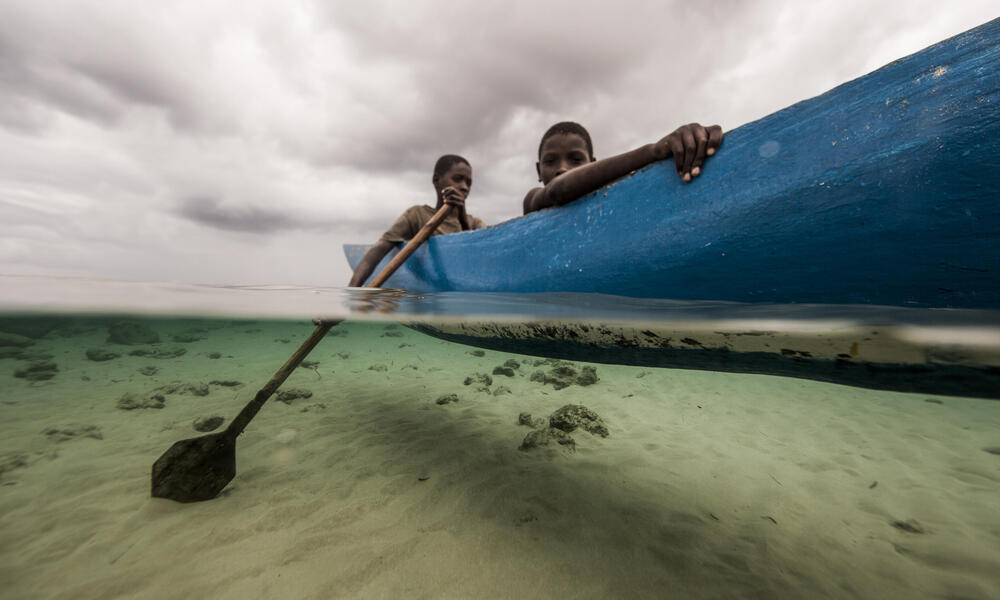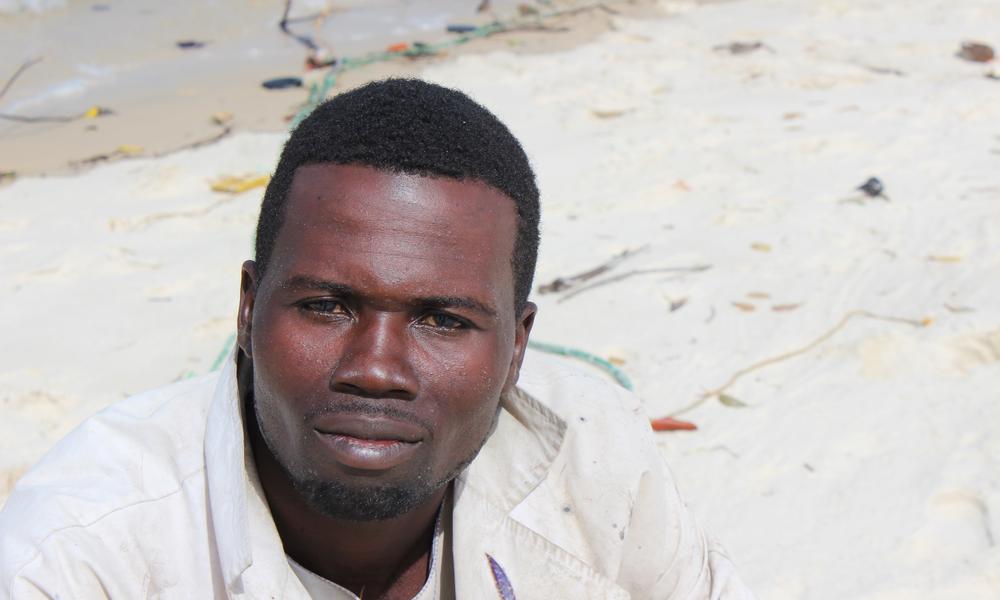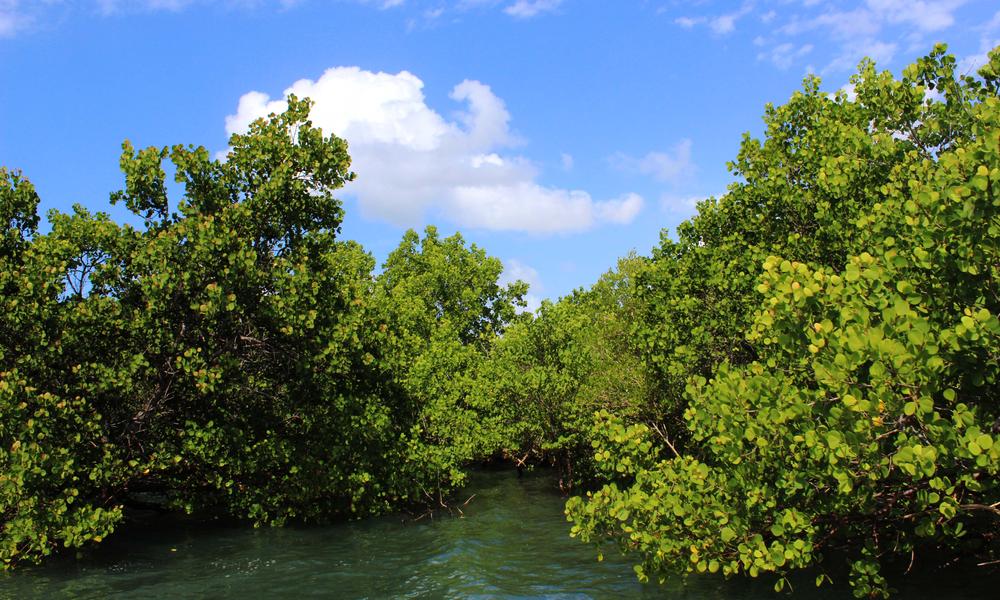“It doesn’t matter to me whether you believe in climate change or not, because it is happening to us, here and now.”
These were the striking and ghostly words shared by a local fisher as we stood on a small and sparse sandbar off the coast of northern Mozambique. With the horizon of the Indian Ocean to the east, and the coastline of Angoche bay to the west, the sandbar is an important landing site for local boats, where fishers draw in their purse seine nets hoping to catch grouper, snapper, kingfish, grunts, and more.
But the climate is harsher. Once lush with mangroves, the sandbar is now exposed. Dry stumps are all that remain of the trees that were destroyed by cyclones whipping up and down this channel between Mozambique and Madagascar. The fishers here are experiencing the effects of climate change first-hand.
“The seas are changing, the weather is changing,” said Fome Ali, a coastal fishermen. “We are not getting the same fish catch as in the 1960s, 70s, and 80s.”
Other fishers around us agreed, noting that the ocean currents are different and sand is stirred up from storms, making it too murky to see the fish in order to catch them.


